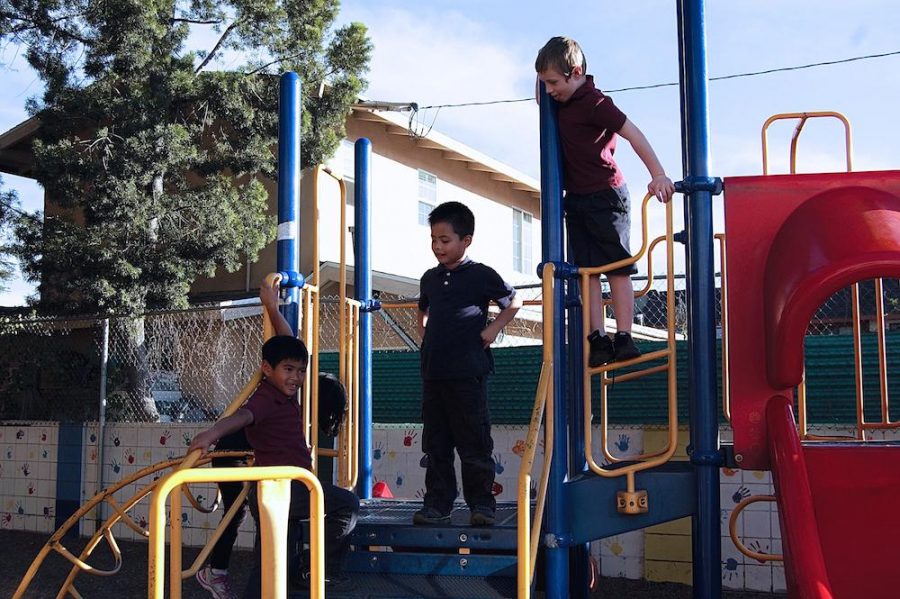(June 11, 1999) — All through elementary school motivated students stayed in the after school Gifted and Talented Education (GATE) programs only because they thought it would benefit them later. They studied diligently to get into and stay in advanced classes in middle and high school to be above what some consider busywork and redundant questions given to students in the regular level classes. They wanted to be challenged more and rewarded with the company of generally more mature people and more advanced discussions. When these students enrolled in Clark this year, their previous grades suddenly didn’t matter. We were allowed to choose if we wanted to be in honors English and world history, regardless of how wonderful or poor their grades had been before Clark. When students applied to this school, they were presented with three different strands to choose from. One of the strands, the science and mathematics strand, was supposed to offer high level classes for advanced study. Here was a perfect opportunity for advanced students in the Glendale Unified School District to be challenged, excel and acquire more learning than offered at the regular high schools. That is why most students came to this school in the first place. But as long as honors and regular students are lumped together and allowed to make the designation themselves, this will not happen. Some teachers’ and administrators’ wish to stop “tracking” students also makes sense. “Tracking” a student is when the student is placed in classes all of the same level (high or low) so that they are always with the same group of students. Some research has shown that having heterogeneous classes does not detract from honors or advanced students’ learning, while other research has shown that honors and advanced students do better in separate classes. While the research on this issue conflicts, some students’ experiences here have shown that honors students excel in strictly honors classes. These students found that when honors students and regular students are placed into the same class the level of discussion and learning decreases. This problem could be remedied by allowing the honors students meet outside of class as many of the ninth grade classes have. This year, most of the sophomore honors English and history students have just been given more work, not necessarily harder work, and little or no time to discuss it with the teacher as an honors class. According to Mr. Chris Davis, one of next year’s humanities teachers, honors and regular students in the sophomore humanities classes next year will meet separately more often. Also, the current freshmen will not be allowed to choose sophomore honors designation without a teacher’s recommendation. Teachers and administrators have recognized that honors students have generally been neglected this year, and next year’s honors students can reap the benefits of this realization. However, honors students still won’t have the benefit of their own classes, own discussions and own class time every day. With the heterogeneous classes, the honors and advanced requirements and challenges will still be lowered, honors students’ desires to excel will be extinguished and the general level of education and enthusiasm among students will lower dramatically.
Categories:
High-achievers need more challenge
March 17, 2010
More to Discover








